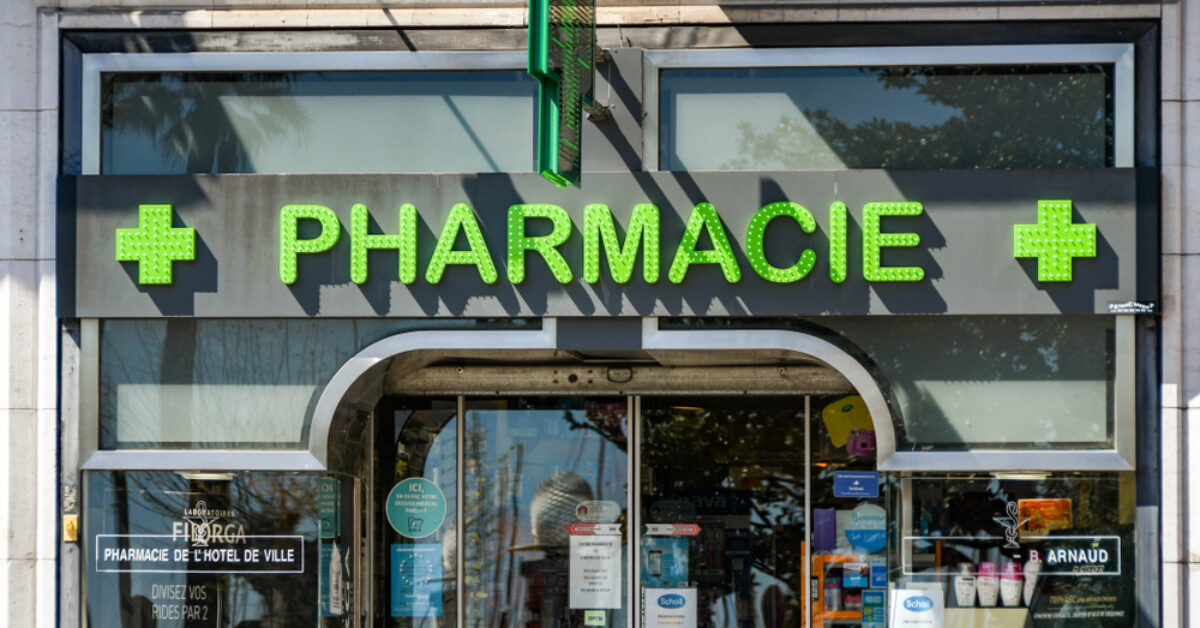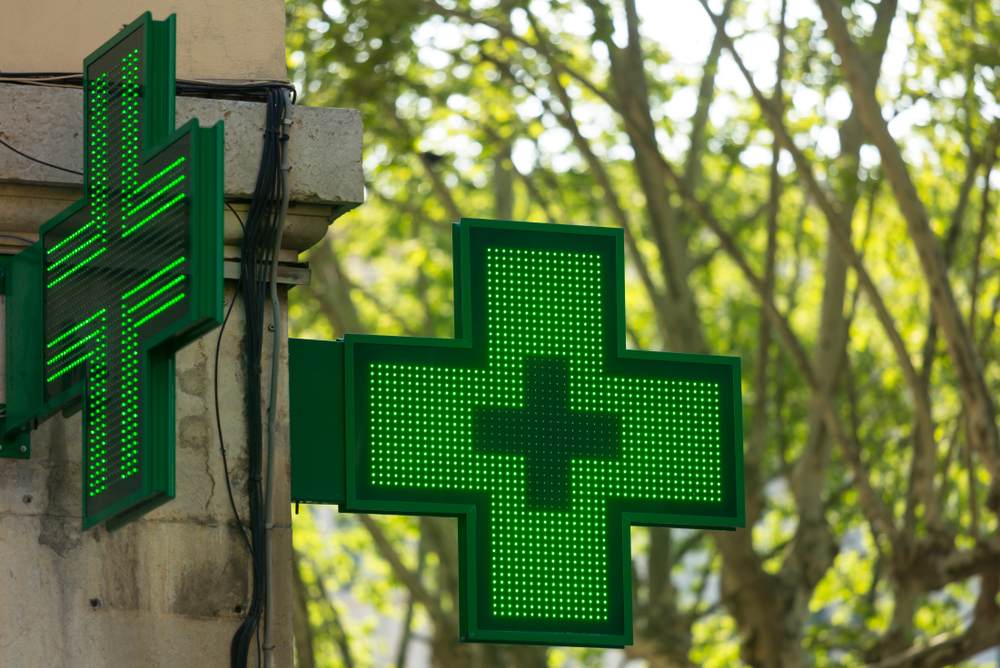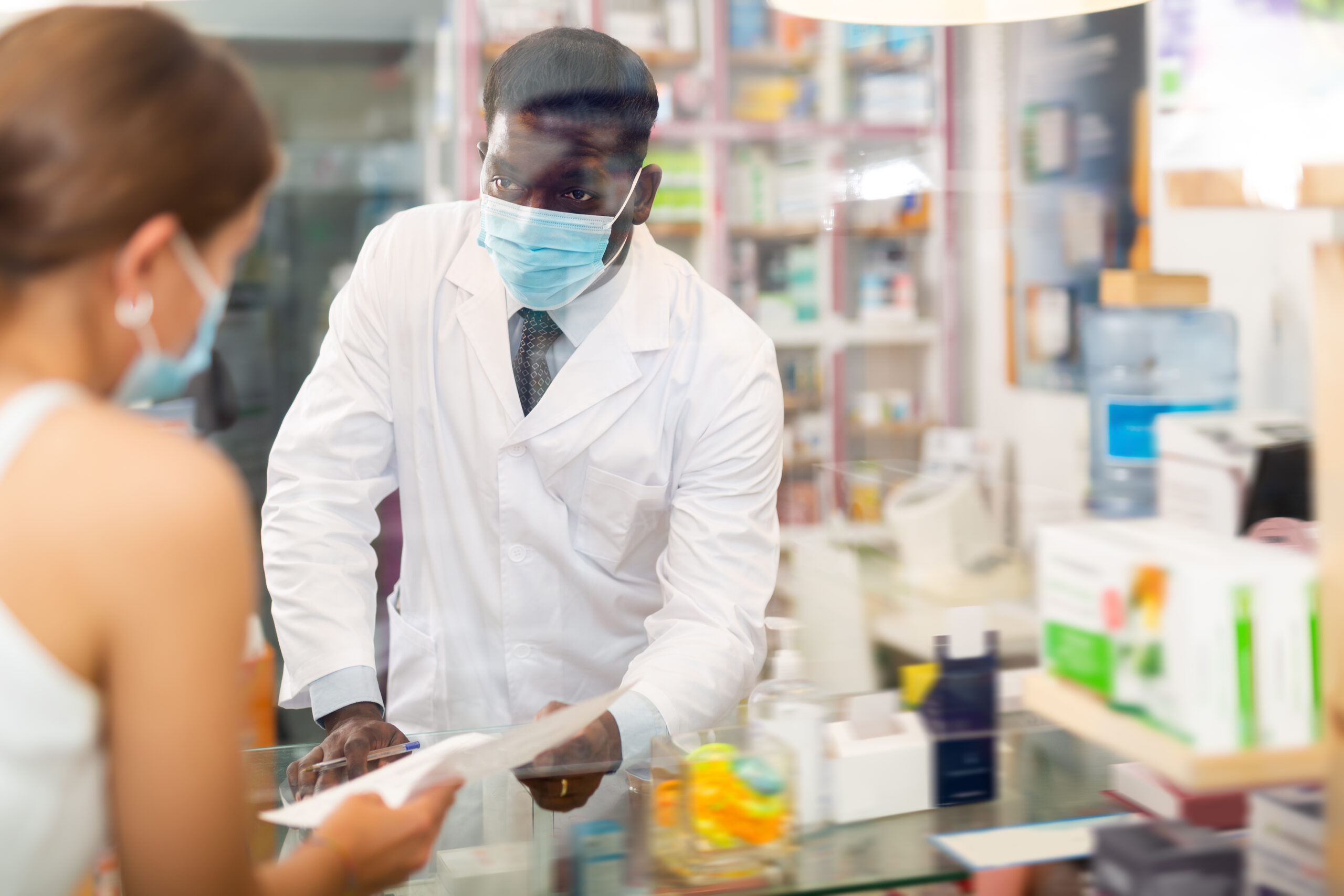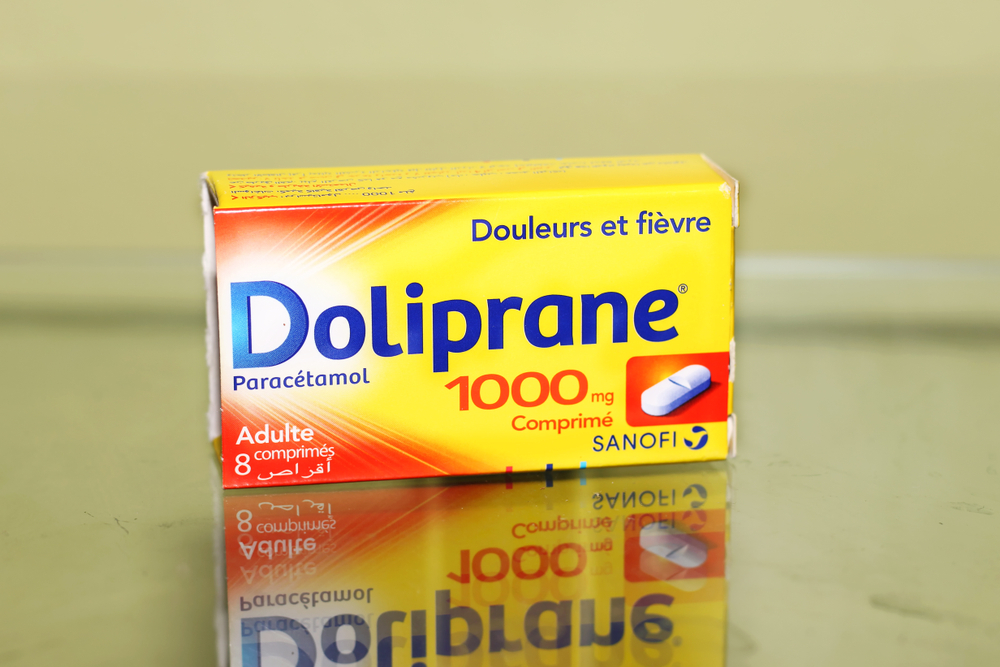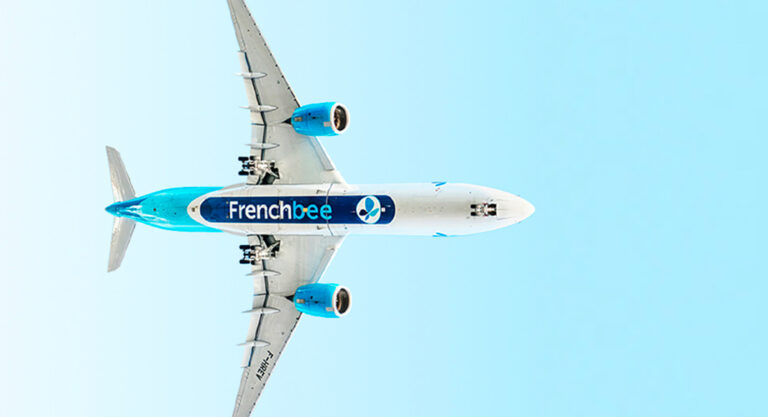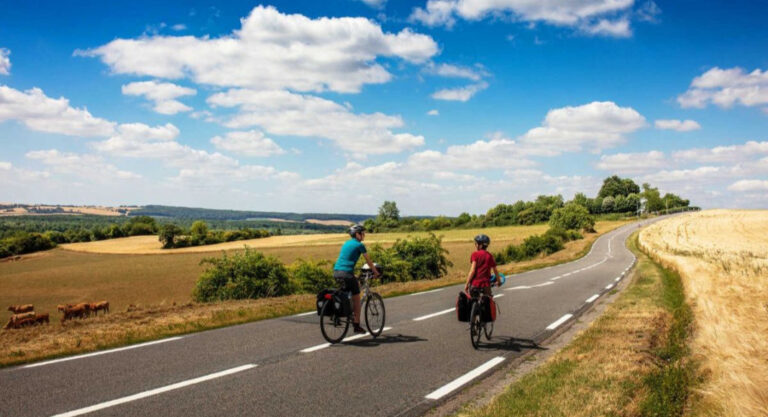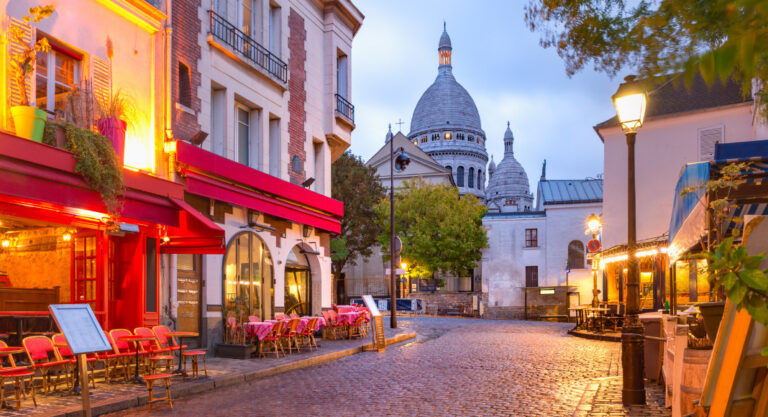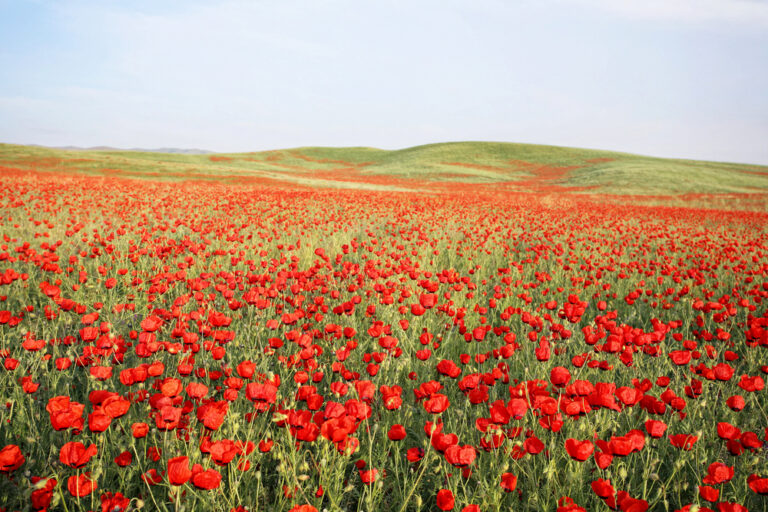French pharmacies can be a traveler’s best friend, but they are different from American pharmacies in important ways. Let’s take a look at some of them.
Pharmacies Are Your Friend
Let’s say you’re vacationing in France and have a medical problem—not a serious one like a broken leg, but still something that needs attention. Maybe you’ve fallen and scraped your leg. Or maybe you’ve got a scary-looking rash or a headache that won’t go away. Your dream vacation is ruined! Where can you turn for help?
You might think of finding a doctor, but that’s hard to do on short notice. Instead, go to a pharmacy, the first line of defense in the French healthcare system. They will be able to help you with many of the problems that might occur during your vacation. This is one smart way the French have of making sure their medical system is not overburdened.
Pharmacies Are Everywhere
It’s not hard to find a French pharmacy because they are everywhere. In fact, there are almost as many pharmacies in France as in the entire US, a country five times bigger! They are marked by a big green neon cross—just look down any major street and you’ll be sure to see one.
While French pharmacies have limited hours (usually 9am – 6pm with a two-hour lunch break), there is always a pharmacie de garde that is available 24 hours a day. There is at least one in each town or commune, on a rotating basis, and your hotel or tourist office should be able to tell you where it is.
Pharmacies Are Not Drugstores
French pharmacies offer medicines, plus personal products like shampoo, vitamins, and makeup. But they don’t offer many of the things you’ll find in an American drug store, like toys and birthday cards and Doritos and chewing gum. This is serious business, people!
The Staff is Well-Trained
All French pharmacies have one or more licensed pharmacists—it takes six to nine years of specialized training to be licensed. In addition, there is other staff with pharmacy training. You will find very few untrained shelf stockers or checkout clerks—nearly everyone will be able to help you.
Off-the-Shelf May Not Really Be Off-the-Shelf
While products like shampoo and toothpaste are available to grab right off the shelf, most things that could be even vaguely described as medical are behind the counter. Aspirin, cold medicine, hay fever pills—you can only get these if you talk to a pharmacist. And they want to know what ails you!
Talk to the Pharmacist
French pharmacies have a counter where you can consult with a pharmacist. There are usually people standing in line waiting, because so many products require that you talk to a pharmacist. Plus, the French take more pills than anyone in Europe, so the pharmacies do a lively business.
You will need to get in line and wait your turn. Your pharmacist may not speak perfect English, but if you point and grimace appropriately, you should be able to communicate. Once the pharmacist understands your problem, they will be able to give you what you need.
Note: pharmacists aren’t doctors, so if you need a prescription drug, you’ll have to go to a real MD.
Prices Are Lower
For complicated reasons, French drug prices are usually lower than in the US, sometimes much lower. As an example, the anti-inflammatory arthritis cream, Voltaren, is twice the strength in France, but only half the price. This isn’t true of everything, but many products are cheaper in France.
Products You May Need
Your favorite brands may not be available in France, so it is good to know the French equivalents. Here is a guide to some products you may need.
Pain relief: Doliprane
Diarrhea: Imodium or Diaretyl
Constipation: Pursennide
Cold symptoms: Actifed Rhume
Allergies: Alairgix, Zyrtec, or Clarityne
Bug bites: Synthol
Localized Inflammation: Voltaren Actigo
Things You Won’t Find in a U.S. Pharmacy
Homeopathic medicines are very popular in France, and you’ll find a wide variety in French pharmacies. The same is true for organic products. The pharmacist knows a lot about these, and will often try to steer you that way.
There are many other products you won’t find in a U.S. pharmacy, but might wish you could. For example, high-end shampoos, the kind used in hair salons, for surprisingly low prices. And a 158-proof version of Chartreuse, that green herbal liqueur with the secret formula. And let’s not forget about licorice toothpaste or shark liver oil!
Beware!
If you are getting an over-the-counter medicine, for a sore throat for example, be sure to ask what form it takes. While you might be expecting pills or lozenges, be aware that the French are surprisingly fond of suppositories. They are medically effective for many ailments—like that sore throat—but you might want to opt for the lozenges instead.
The other thing to be aware of is that Vaseline—yes, good old boring Vaseline—is pretty much only used in France as a sex aid. When I once asked my local pharmacist for some Vaseline, to put on my dry elbows, he raised his eyebrows and grinned, while everyone in line behind me started giggling. Don’t let this happen to you!
Keith Van Sickle splits his time between Provence and California. He is the author of the best-selling An Insider’s Guide to Provence and the best-sellers One Sip at a Time: Learning to Live in Provence and Are We French Yet? Read more at Life in Provence.

